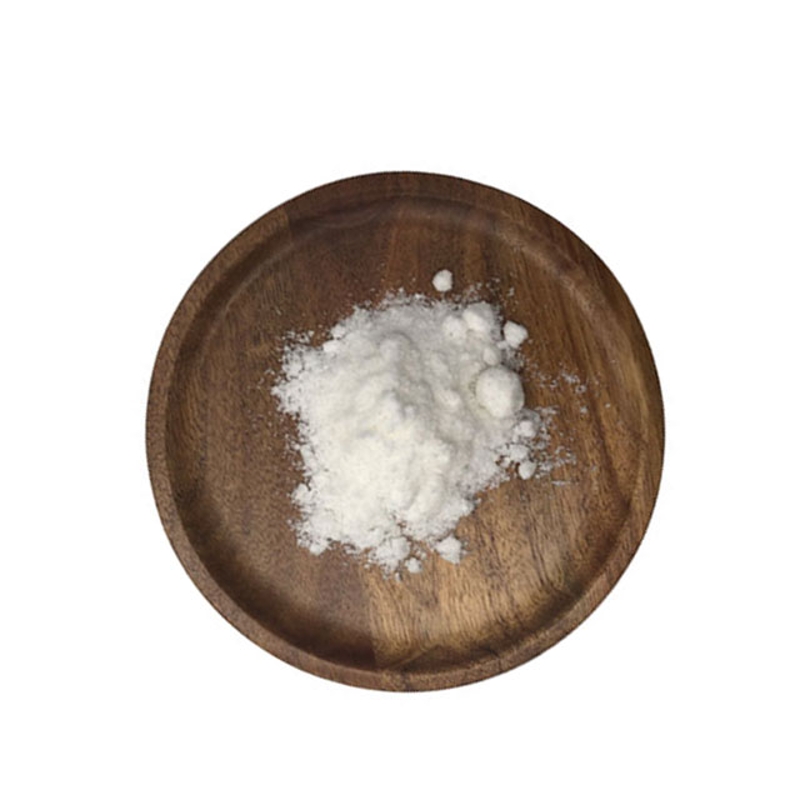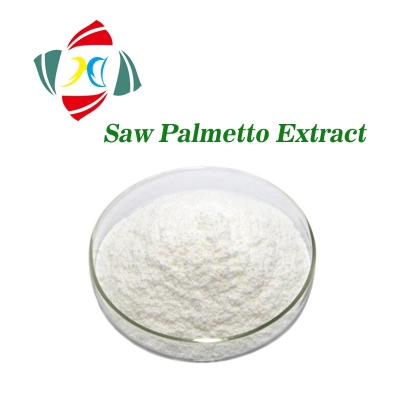-
Categories
-
Pharmaceutical Intermediates
-
Active Pharmaceutical Ingredients
-
Food Additives
- Industrial Coatings
- Agrochemicals
- Dyes and Pigments
- Surfactant
- Flavors and Fragrances
- Chemical Reagents
- Catalyst and Auxiliary
- Natural Products
- Inorganic Chemistry
-
Organic Chemistry
-
Biochemical Engineering
- Analytical Chemistry
- Cosmetic Ingredient
-
Pharmaceutical Intermediates
Promotion
ECHEMI Mall
Wholesale
Weekly Price
Exhibition
News
-
Trade Service
There is still uncertainty about
the causal effects of physical activity and sedentary behaviour on the development of type 2 diabetes in children.
The aim of this study was to assess the mean effects of physical activity and sedentary behaviour in individuals at risk of type 2 diabetes during childhood and adolescence
.
The investigators used data from the Quebec Adolescent Obesity and Lifestyle Survey (QUALITY) cohort of children of Western European descent (white, non-Hispanic or ethnic) parents with a history of obesity (defined as a BMI of 30 kg/m2 or more, or waist circumference of more than 102 cm in men and 88 cm in women), assessed at age 8 to 10 years (baseline), and followed at 10–12 years (first follow-up cycle) and 15–17 years (second follow-up cycle).
。
Moderate to vigorous physical activity (MVPA) and sedentary time were measured by accelerometer, and screen breaks
per cycle were surveyed through questionnaires.
Results included fasting blood glucose and blood glucose 2 hours after loading as well as effective indicators
of insulin sensitivity and insulin secretion.
The average therapeutic effect of MVPA, sedentary time, and screening time on type 2 diabetes markers was estimated using a longitudinal marginal structure model with time-varying exposures, outcomes, and confounding factors at 8–10 to 15–17 years of age, as well as treatment and censoring weighted inverse probabilities
.
Between July 2005 and December 2008, 630 children were assessed at baseline (8-10 years) and 564 children were assessed at the first follow-up visit (10-12 years) in July 2007 and March 2011; Between September 2012 and May 2016, 377 children were assessed
at a second follow-up visit (15-17 years).
It was found that from 8-10 years to 15-17 years of age, MVPA had an effect of +5.
6% on insulin sensitivity and -3.
8%
on secondary insulin secretion.
Sedentary time and reported screen breaks resulted in reduced insulin sensitivity and increased
second-stage insulin secretion between the ages of 8–10 and 15–17 years.
In conclusion, this study uses modern causal inference methods to reinforce the evidence on MVPA and sedentary behavior as key drivers of the development of type 2 diabetes in high-risk children and adolescents and should be considered key targets
for prevention.
References:
Harnois-Leblanc S, Sylvestre MP, Van Hulst A, et al.
Estimating causal effects of physical activity and sedentary behaviours on the development of type 2 diabetes in at-risk children from childhood to late adolescence: an analysis of the QUALITY cohort.
Lancet Child Adolesc Health.
2022 Nov 7:S2352-4642(22)00278-4.
doi: 10.
1016/S2352-4642(22)00278-4.







